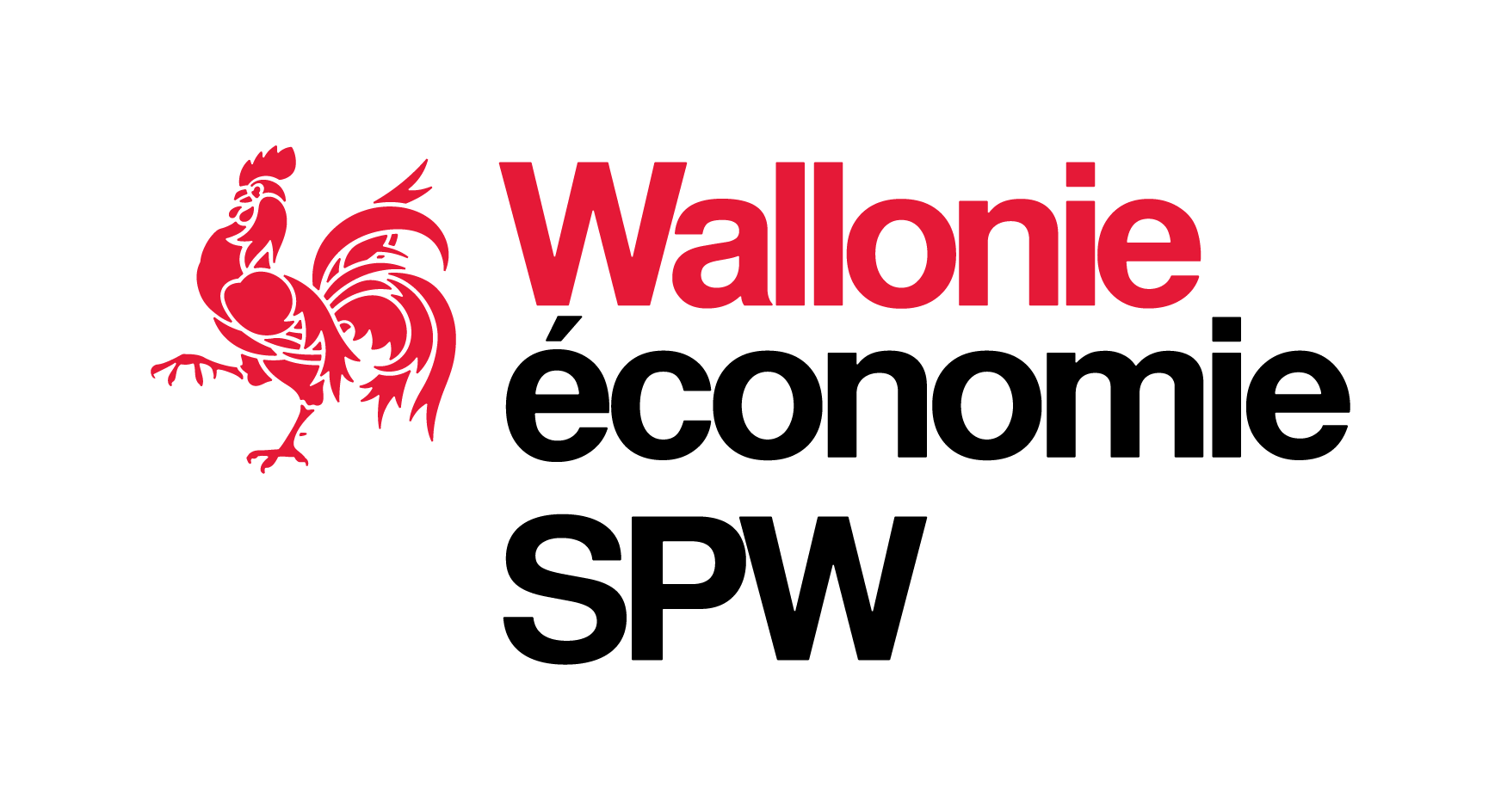An Important Project of Common European Interest (IPCEI) is defined around a strategic value chain for the European economy. Among other things, participating companies must present a technological leadership project and the desire to work with other European leaders in innovation in a strategic sector. The European Commission can then grant authorisations to carry out state aid to member states that submit projects of this nature (please note, an IPCEI is not a European Commission funding programme).
- Any company with an activity on Walloon territory that is conducting a technological leadership projects on the value chain targeted by the IPCEI.
- Research centres and universities may participate as ‘spillover’ participants (in partnership with innovative companies without seeking state aid).
The candidate companies must submit an application file as part of the call for expressions of interest launched by the FPS Economy, for each IPCEI. The submission procedures are described on the IPCEI page of the FPS Economy website.
When a European Commission strategic value chain reaches maturity in several member states, the member states issue a call for declarations of interest in order to select companies’ projects.
The selected companies must then draft a file, which the region will submit to the European Commission in order to obtain authorisation for state aid. This file must include a ‘Project Portfolio’ that describes the technological projects and the justifications for a request for state aid, and a ‘Funding Gap’ that presents the company’s business model for this innovation and justifies state intervention for its viability.
Target audience – Eligibility criteria
A proposal is eligible if the following elements are all answered in the affirmative:
- The project leader wants to develop an industrial activity that is linked to the sector targeted by the IPCEI on Walloon territory, or a project with infrastructure that will bring added value to the Walloon territory;
- The project leader successfully answered the call from the federal government, expressing their interest;
- The project leader has followed every step in the process to notify the European Commission of their project via the funding body (FPS Research);
- The research cannot have already received public funding;
- The company must not be subject to an injunction to recover aid that has been deemed illegal and incompatible as part of the decision made by the European Commission;
- The company must not be in difficulty, as outlined in Point 2.2 of the European Commission guidelines on aid for rescuing and restructuring companies in difficulty when deciding on potential support;
- The company’s technical project must be co-funded by the beneficiary company and may also potentially be co-funded by other European funds.
Assessment criteria and project selection
- The company’s technical and industrial project may concern RDI, the initial industrial-deployment phase and climate-based actions in the sense of the Green Deal jointly (Environment, Energy and Transport), in accordance with the guidelines concerning eligible costs (initial industrial deployment refers to the shift from pilot installations to a larger scale, where the initial equipment and installations that cover the steps after the pilot line, including the experimental stage and the mass production phases and commercial activities are not eligible);
- The company’s proposed industrial and technical project must involve major innovations that go beyond state-of-the-art technologies and current knowledge in the field;
- The project may only receive support if there are shortcomings in the market that would prevent it from being carried out without this support;
- The company must have a significant partnership dynamic within the European Union;
- The company must commit to disseminating the newly acquired knowledge in the context of the funded works (spillover) beyond just its clients, suppliers and project partners, throughout the European Union. Indeed, the IPCEI must allow the very widespread dissemination of the knowledge acquired, regardless of whether it is protected by a title or intellectual property rights. The mechanisms for disseminating knowledge should be outlined very clearly in the companies’ project portfolios. Protected results shall be disseminated under equitable, reasonable and non-discriminatory market conditions.
Other conditions
- Once the IPCEI procedure has been successfully completed with the European Commission, the project may then be granted by the Region after receiving final approval for the college;
- The amounts of state aid reported to the European Commission for the projects represent the maximum amounts, may not be increased and do not constitute a promise of funding.
- Decree of 3 July 2008 concerning support for research, development and innovation in Wallonia
- Decree from the Walloon Government of 18 September 2008 concerning support for research, development and innovation in Wallonia, which was amended on 15 May 2014
- Text concerning the management of State aid for research, development and innovation (2014/C 198/01)
- General Block Exemption Regulation (GBER) - State aid (Wallonia.be)
